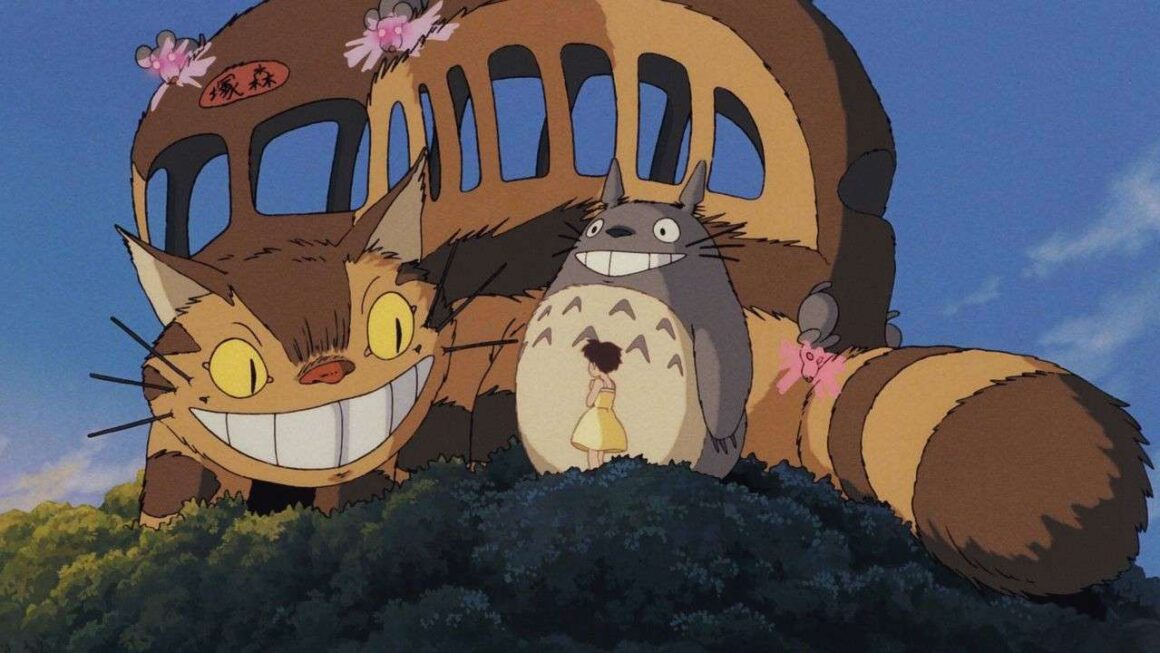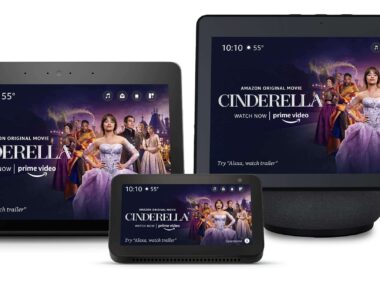On October 27, 2025, Bandai Namco, Square Enix, Studio Ghibli, and Aniplex released a letter via the Content Overseas Distribution Association (CODA). The letter demands OpenAI to stop training its video-generation model, Sora 2, on their games, anime, and other copyrighted material.
CODA’s letter argues that OpenAI’s opt-out policy is illegal under Japanese copyright law, which requires prior authorization before a company uses protected works for commercial purposes.
Sora 2’s Opt-Out Policy
OpenAI gave rights-holders the ability to “opt” of their characters out of being featured on their Sora social video app. The policy was supposed to placate growing backlash over how its AI models acquire data. Yet Japan’s publishers aren’t buying it.
To them, “opt-out” still assumes a creators’ work is fair game until they object. The approach clashes with Japan’s copyright laws. Even though OpenAI announced it was changing its policy for IP holders, these Japanese publishers say it’s too little, too late. An opt-out model should have never been implemented in the first place.
This Isn’t the First Time OpenAI Has Pissed Off Japan
OpenAI was stupid not to see this coming. Japan’s creative industries, especially anime and gaming, guard their intellectual property like national treasure. That’s because in many ways, it is one. Their games and anime have played a huge role in influencing pop culture on a global scale.
Even Minoru Kiuchi, Japan’s Minister of State for Intellectual Property Strategy has weighed in. He called these works “irreplaceable treasures”. He made it clear that tech companies must seek prior consent before using them in AI models.
Frankly, I don’t blame these publishers for being upset. Sora 2, is capable of churning out video clips of anything or anyone. There’s been a lot of concern that Sora can be used to push misinformation with its hyper-realistic videos.
This isn’t the first time Sam Altman has pissed off Japan. When ChatGPT released its GPT-4o model in March 2025, it gave users the ability to generate images based on Studio Ghibli’s classic art style.
When Sora launched on September 30, 2025, there were countless clips mocking Nintendo for its lawsuits against Palworld using Pokémon character Pikachu. In fact there was a viral clip of an AI-generated Sam Altman barbecuing Pikachu! Sora is peak brain rot, so I don’t fault Japan for not wanting their characters anywhere near it.
Is a Lawsuit on the Horizon?
Right now, no lawsuit has been filed. However, this letter is usually a sign that one could be around the corner. CODA’s letter functions like a cease-and-desist. It’s a formal demand meant to pressure OpenAI into compliance before taking them to court.
If OpenAI refuses or delays, the publishers have a strong case against them. Under Japanese law, training an AI model on copyrighted content without permission may lead to reproduction and adaptation of protected works. An opt-out system doesn’t change that.
To make things worse, OpenAI still hasn’t disclosed exactly what data Sora 2 was trained on. That only adds to the suspicion that copyrighted material was used.
So far, OpenAI hasn’t publicly addressed the CODA letter.
Who gets to decide how iconic characters are used in the age of generative AI? The publishers that created them, or the tech companies that use them for training data?
Japan’s stance is clear and if OpenAI doesn’t comply with CODA’s letter, it’s only a matter of time before this escalates into a courtroom battle.






